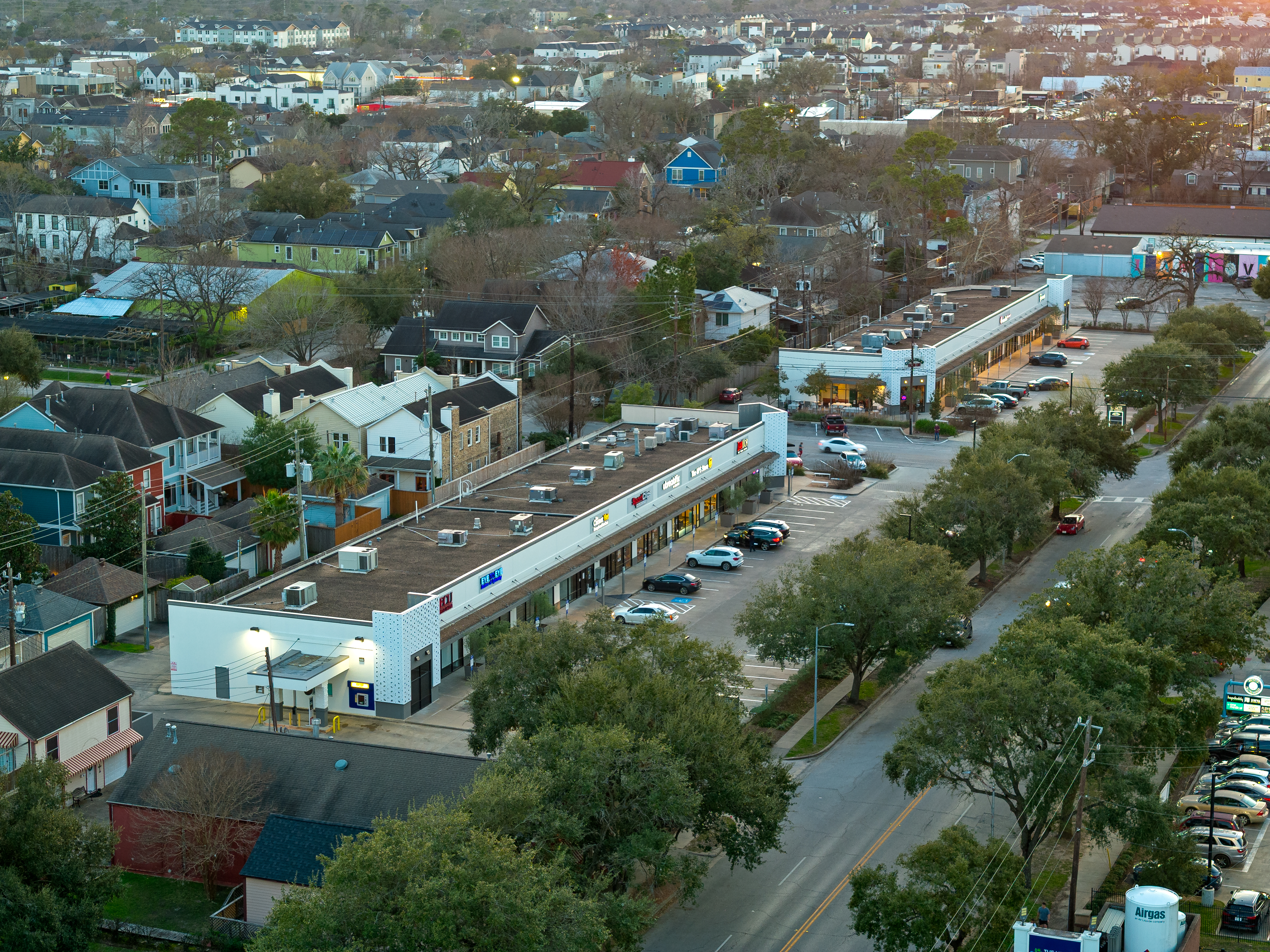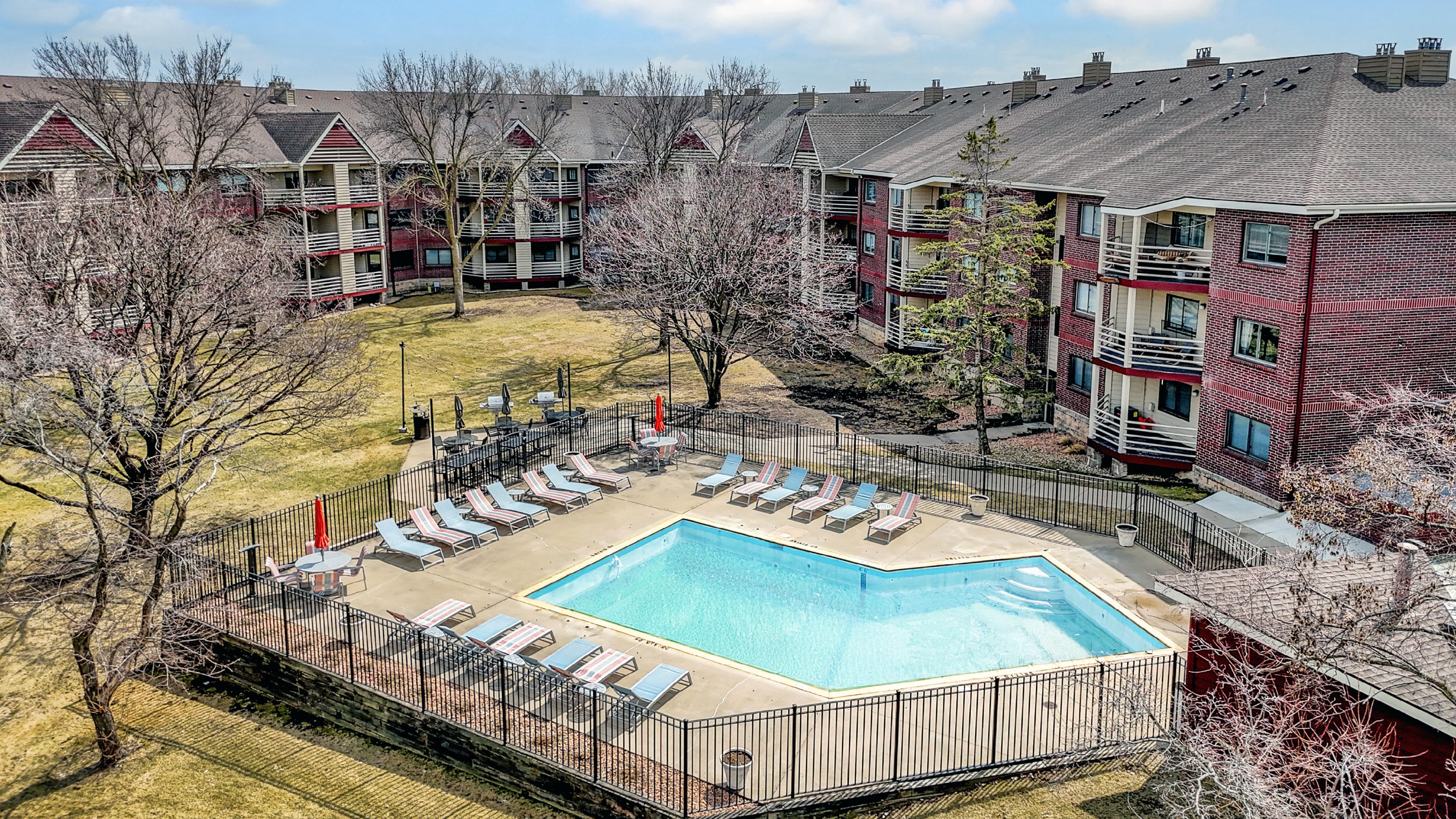Why social awareness at companies is on the rise
Real estate businesses are tuning in to environmental and social needs. But is it here to stay?
Real estate businesses have steadily taken steps to propel environmental, social and governance (ESG) initiatives up the corporate agenda in recent years.
But pressure from the coronavirus pandemic is accelerating efforts, paving the way for a more socially responsible commercial real estate industry.
From developers supporting charities, to investors hunting for funds that make a positive impact, the pandemic has fueled socially-focused efforts.
“COVID-19 is a wakeup call that’s shown how much work there is to do on social responsibility in real estate,” says Matt Stavrou, socio-economic lead in JLL’s upstream sustainability services team. “It’s given investors, developers and landlords a better idea of what they can do to improve their resilience.”
Compassionate companies
Thousands of residential landlords offered rent-fee accommodation to National Health Service workers in the U.K. Property companies such as Grosvenor, British Land and The Crown Estate offered properties to key workers and local councils as well as rent deferrals for local businesses.
Land Securities and Legal & General set up community funds for charities and voluntary organizations.
“The future of real estate is all about being more compassionate to both employees and tenants,” says Syreeta Bayne, head of social value in JLL’s managed services team. “Reputational risk is playing on the mind of business leaders who have traditionally focused on the bottom line and the immediate workforce.”
Companies with a strong corporate purpose and embedded sustainability practices were better prepared to navigate the financial, operational and reputational risks thrown up by the pandemic, according to a report from JLL.
Beyond the charitable initiatives at the height of the pandemic, Bayne predicts a permanent shift in how property owners and investors profit from their assets with a move towards a new type of mixed-use real estate.
“If you are socially conscious investor with a portfolio of assets, you are more inclined to have an understanding of the social benefits of hosting food banks and accepting lower rental returns on the basis of a charitable effort,” she says.
Looking for more insights? Never miss an update.
The latest news, insights and opportunities from global commercial real estate markets straight to your inbox.
Understanding the impacts
There are other signs of shifts in social consciousness across the industry, such as a rise in impact investing.
In the future, Stavrou expects property managers to report on social impact back up to investors.
“The social ‘S’ in ESG between investors and developers isn’t fully established yet,” he says. “A lot of focus is placed on sustainability in construction but the real impact will be in the operational side of buildings. That’s where real estate can really create social value.”
Inaction on this front has led to the creation of places that lack social cohesion or useable green space, which can reflect negatively on asset values and rents.
“COVID-19 has highlighted the existing pressure points within the property industry and society more broadly,” Stavrou says.
Investment Opportunities
He cautions that U.K. government initiatives such as Build Build Build, which give greater freedom for buildings to change use without planning permission, and Build Back Better, the government’s socially conscious coronavirus recovery plan, could result in poor practice if not properly undertaken.
“Real estate must be agile, responsive and in tune with the world around it,” he says. “The pandemic has shown us that existing spaces can change to meet the needs of changing population but these initiatives need to be long-term in order to improve the operating environment for our businesses.”
Can social value remain at the top of the agenda once the immediate burden of containing the virus recedes?
Bayne is optimistic.
“Senior managers and board-level figures are learning how an unstable society can have an adverse impact on the bottom line, forcing them to think about how they can incorporate societal priorities in their business strategies, as well as adopting agile business practices in preparation for any future social crisis,” she says.
Contacto con Syreeta Bayne
Head of Social ValueWhat’s your investment ambition?
Uncover opportunities and capital sources all over the world and discover how we can help you achieve your investment goals.




